Learning Days 16: EGAP West Africa Regional Hub Learning Days Workshop 2025
Organized by Centre de Recherche et d’Action pour la Paix (CERAP), home of the West Africa Regional Hub of Evidence in Governance and Politics (EGAP)
May 19-23, 2025
Abidjan-Cocody, Côte d’Ivoire
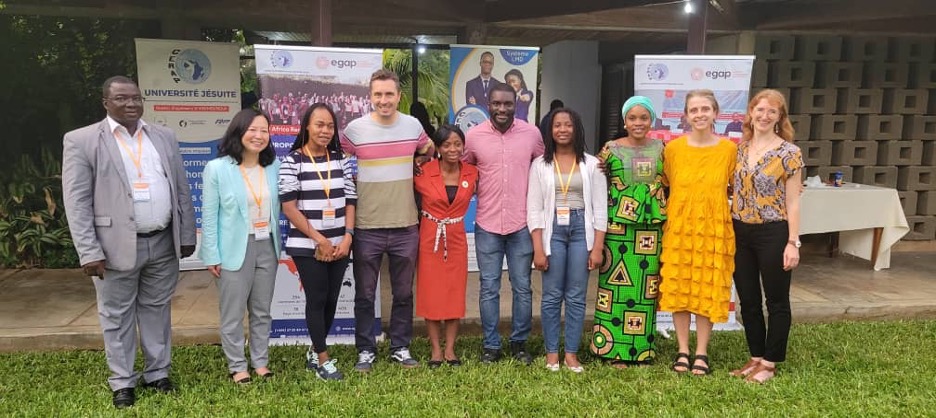
The Centre de Recherche et d’Action pour la Paix (CERAP), home of the West Africa Regional Hub of Evidence in Governance and Politics (EGAP) will hold a Learning Days workshop in Côte d’Ivoire in May 2025. This workshop is a 5-day intensive aimed at introducing and developing familiarity with causal inference in impact evaluations for scholars and program evaluators in the Global South. The workshop will take place in Abidjan, Côte d’Ivoire from May 19-23, 2025.
The workshop is intended for both Francophone and Anglophone Africa-based researchers and evaluation professionals working in academic, non-governmental, and governmental organizations who carry out analyses related to governance and development.
We strongly encourage applications from researchers with training in the social sciences (political science, public administration, development studies, conflict studies, economics, and other related disciplines) who primarily use qualitative methods but have some familiarity with quantitative research.
Key topics include research design, causal inference, randomization, estimation, and hypothesis testing. The week will include sessions for individual feedback on participants’ research designs and statistical exercises. Accepted applicants will be expected to complete a preparatory exercise before arriving for the clinic.
All lectures will be held in English, with periodic translations into French. Materials will be available in both French and English, and several instructors speak French.
In order to be eligible for the workshop, applicants must:
- Be currently based at a university, government, or civil society organization in Africa
- Be able to follow a course in English
- Have basic knowledge of statistics
- Have training in the social sciences, with at least some portion of their higher education from an African institution
NB : We are not considering applications from scholars who have training exclusively from non-African institutions. If you are not eligible for this reason, but would still like to connect with the EGAP West Africa Hub at CERAP, please fill out this form.
Participants are required to be able to reach an international airport in their country (Departure Airport) on their own, as ground transportation is not included. CERAP will cover the costs from the flight to Côte d’Ivoire (from international airports), accommodation, food and snacks during the week; as well as flight cost from Côte d’Ivoire back to the international airport.
If selected to attend the workshop, participants must arrive before the morning of May 19 (the afternoon or night of May 18) and be in attendance each day through the evening of May 23.
Participants must sign a liability waiver.
Applications are currently open.
To apply, please visit this page and complete the form found there, including uploading your CV.
Please note that applications will not be considered complete without an attached CV. Make sure to submit your CV in a PDF format.
Applications are due by 23:59 GMT on Friday, February 28th, 2025.
About the Instructors
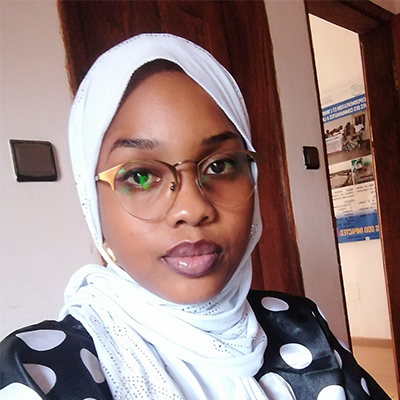
Adikath ABIOLA (PhD) is an agricultural economist, passionate about research for development and behavioral and experimental economics. She is a Global Research and Consulting Centre (GR2C) consultant working on agricultural value chains, agri-entrepreneurship, and gender inclusion in agricultural projects. Her research interests are in risk management with a focus on reward-risk trade-off production systems, agricultural professional organizations and agricultural businesses.
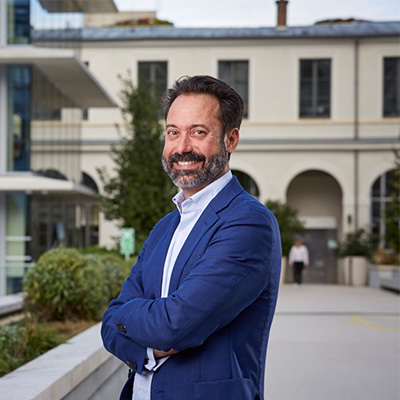
Kevin (Vin) Arceneaux is Director of the CEVIPOF and Professor of Political Science. He studies how people form beliefs and attitudes about politics and, ultimately, make political decisions. His research focuses on how social psychological factors influence and shape people’s motives to consume (or not consume) particular forms of news media, defend (or fail to defend) particular beliefs and attitudes as well as behave in particular ways.
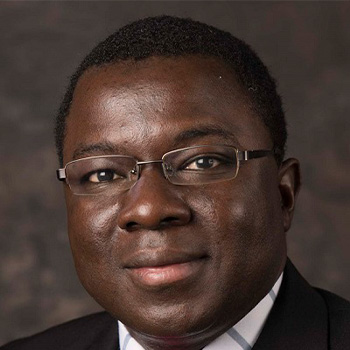
Arsene Brice Bado is Professor of Political Science and Research Director at CERAP, at the Universite Jesuite in Abidjan, Cote d’Ivoire. He is the EGAP West Africa Regional Hub lead on activities related to democracy and conflict in West Africa as well as methods training for Francophone West African researchers. His research focuses on democracy, ethnic pluralism, electoral processes in conflict-torn societies, and foreign aid in Africa.

Isabelle Becho is an economist with a doctorate in economics from the Université Félix Houphouët-Boigny and a diploma in Applied Development Economics from Université Laval. A lecturer and researcher at the Université Virtuelle de Côte d’Ivoire (UVCI) and a researcher at the Cellule d’Analyse de Politique Economique du CIRES (CAPEC), she specialises in public policy impact assessment, gender analysis, poverty, vulnerability and inclusive finance. She has worked with international institutions such as UNFEMMES, USAID, IDRC and PEP on projects related to women’s empowerment, COVID-19 and the reduction of violent extremism. Isabelle also teaches microeconomics, data analysis and research methodologies at various levels.
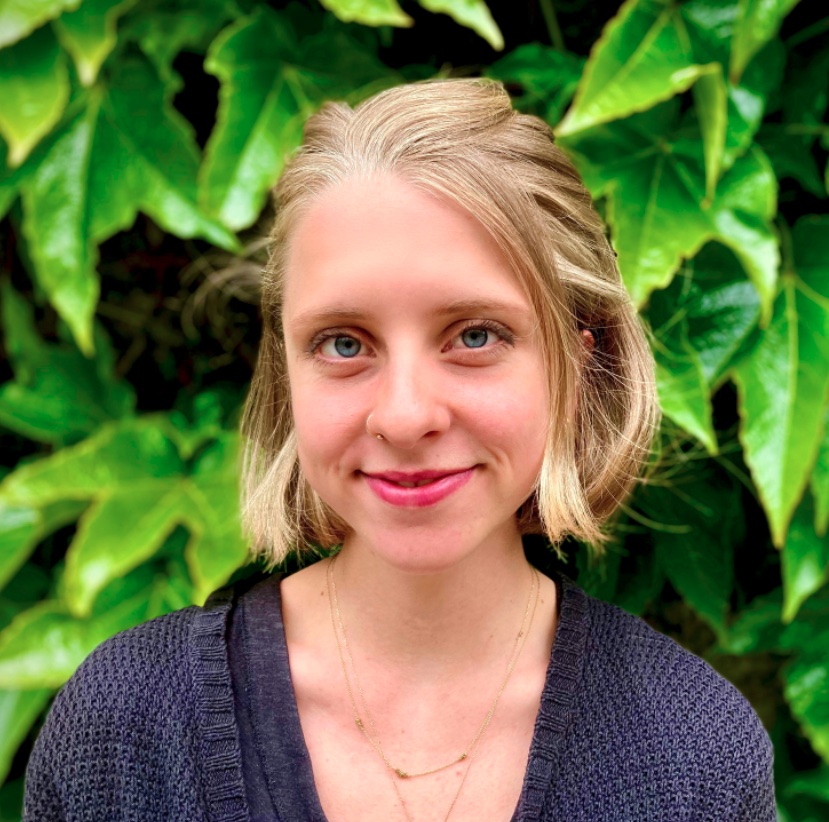
Alyssa René Heinze is a PhD Candidate in Political Science at the University of California, Berkeley and a Research Associate at the Center on the Politics of Development. She researches gendered understandings of: the political economy of local development, political inequality, and the consequences of climate change using mixed (in-depth qualitative, experimental, and machine-learning) methods. Her dissertation project investigates the role of state and community control of natural resources in entrenching patriarchal gender relations. Her research is located in the Global South, with a focus on India.

Nahomi Ichino (PhD, Stanford University) is an associate professor in the Department of Political Science at Emory University. She is co-Director of Methods and Trainings for EGAP, leading the Learning Days workshops. Her research interests focus primarily on ethnic politics, voter behavior, and political parties in developing democracies, with a regional specialization in sub-Saharan Africa. She also conducts research on methodology for comparative politics. Her work has been published in American Political Science Review, American Journal of Political Science, and other outlets.
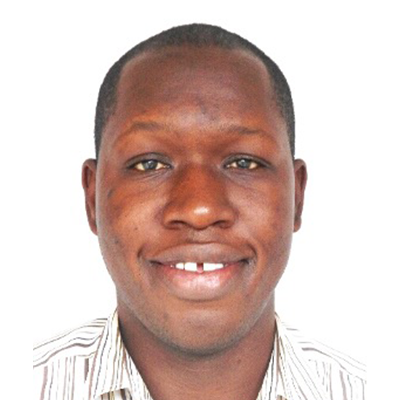
Yannick Brice Kouogueng Y. is a Senior Economist working for the Ministry of Economy and Planning. He has been serving in that institution since 2014 after he graduated in Economics in 2010 and then in Demography in 2014. He has been working especially on the elaboration and the evaluation of economic development policies. His major accomplishments involve a major contribution in the evaluation of the Growth and Employment Strategy of Cameroon in 2018 and a key role in the elaboration of the National Development Strategy for Cameroon in 2019 and 2020. Yannick’s daily tasks include the analysis of macro and microeconomic data in order to assess the gaps between the objectives and the achievements in different sectors (governance, infrastructure, industry, education, etc). Since his recent graduation in Master in Policy Economics at the Center for Development Economics at Williams College in Massachusetts in 2023, Yannick is an active member of the Laboratory of Econometrics and Applied Economics of the University of Yaounde II in Cameroon, in addition to his position at the Minister of Economy. He is involved in several research projects carried on by that laboratory. His role in these projects mainly focuses on the design of methodology and the estimation of econometric models. On top of that, his main responsibility in the lab is to pin down actionable economic policy recommendations from the results of research, and to improve the fitness of research issues to development policy needs.

Gareth Nellis is an assistant professor of political science at the University of California, San Diego, where he specializes in comparative politics, South Asia, and intergroup relations. One line of his work examines the rise of religious nationalism; the other details the political marginalization of internal migrants. His current agenda addresses bottom-up ways to structure intergroup interactions to create “bridging” social capital.
About CERAP
The Centre of Research and Action for Peace (CERAP) is a research center and higher education institution in Côte d’Ivoire. It was established in 1962. CERAP’S mission is to contribute to the building of a world of justice and peace through education and community outreach. It offers both undergraduate and graduate academic programs. CERAP has implemented projects on reconciliation and violence mitigation since the Ivorian political crisis. CERAP is also home to a publishing house, Editions du CERAP, which contributes to the promotion of African writers.
About EGAP
Evidence in Governance and Politics (EGAP) is a research, evaluation, and learning network with worldwide reach that promotes rigorous knowledge accumulation, innovation, and evidence-based policy in various governance domains, including accountability, political participation, mitigation of societal conflict, and reducing inequality. It does so by fostering academic-practitioner collaborations, developing tools and methods for analytical rigor, and training academics and practitioners alike, with an intensive focus in the Global South.
About the EGAP West Africa Regional Hub at CERAP
The EGAP West Africa Regional Hub at CERAP was established to support regionally-based researchers and practitioners in connecting with a global learning community. West Africa-based scholars identify Hub priorities, set the research agenda, share knowledge and foster collaboration with scholars around the world. One of these priorities is to strengthen local researchers’ ability to conduct rigorous quantitative impact evaluations. EGAP is a research network institutionally based at the Toronto Metropolitan University (TMU). As a TMU-sponsored event, participation is voluntary and signature of the TMU general waiver will be required.
For any questions please contact: cerap.egap-berkeley@cerap-inades.org